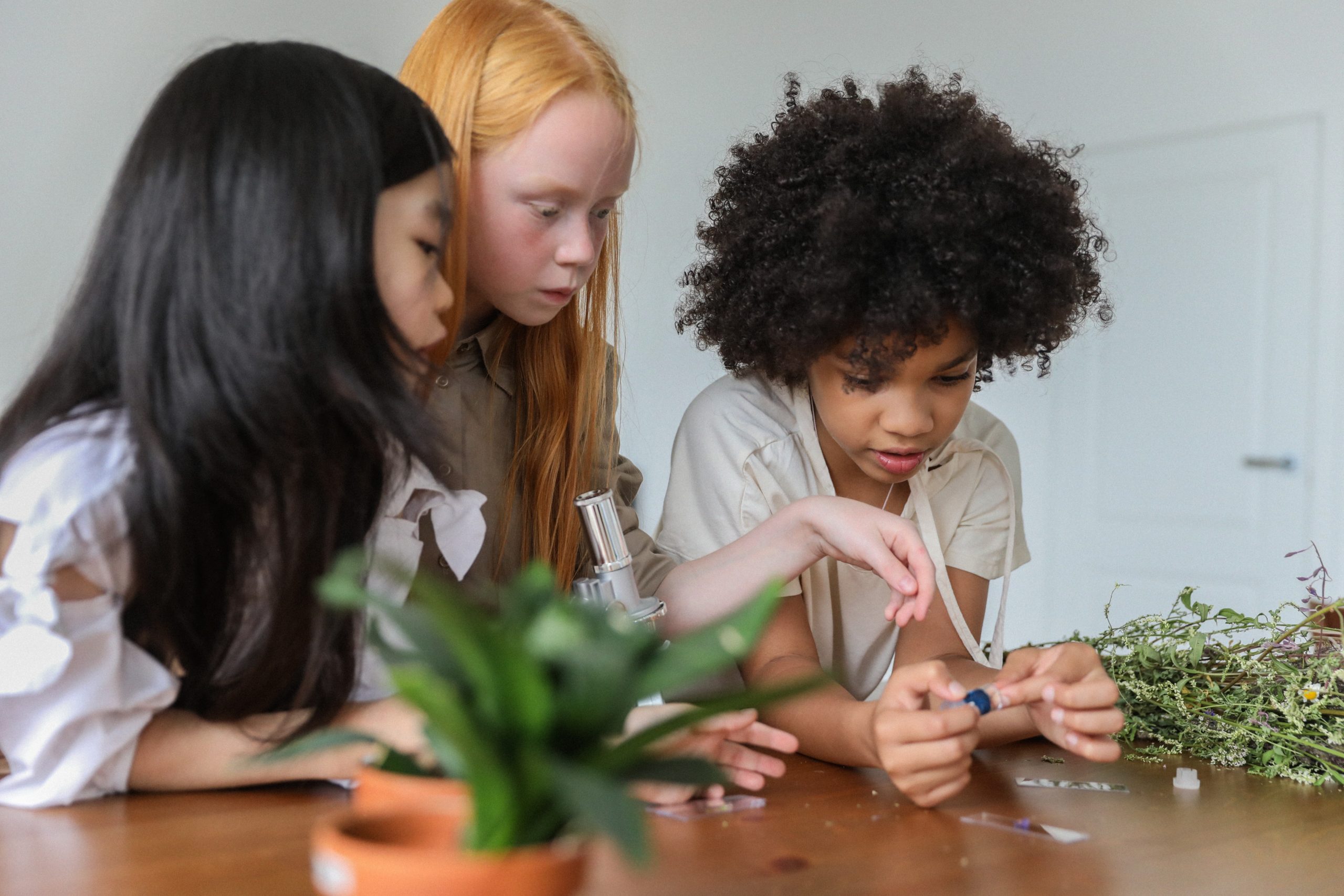After his father died, the physicist Richard Feynman went into a deep depression.
He found himself unable to work on research problems. So he told himself that he’d instead play with physics—not for immediate practical results, but for its own sake.
One day, he was eating in a cafeteria at Cornell University where he was teaching at the time. He noticed someone “fooling around” and throwing a plate in the air. “As the plate went up in the air I saw it wobble, and I noticed the red medallion of Cornell on the plate going around,” he explained. “It was pretty obvious to me that the medallion went around faster than the wobbling.”
Just for fun, he decided to calculate the motion of the rotating plate. He shared his discovery with his colleague Hans Bethe, a Nobel laureate and nuclear physicist.
Bethe said: “Feynman, that’s pretty interesting, but what’s the importance of it? Why are you doing it?”
“Hah!” Feynman replied. “There’s no importance whatsoever. I’m just doing it for the fun of it.”
Undeterred by Bethe’s reaction, Feynman next went on to work out the equations of the wobbles in the plate.
That, in turn, got him thinking about how electron orbits wobble in relativity.
That, in turn, led him to pursue his work on quantum electrodynamics.
And that, in turn, won him the Nobel Prize in physics in 1965.
“[What] I got the Nobel Prize for,” Feynman explains, “came from that piddling around with the wobbling plate.”
There may have been no Nobel Prize for Feynman if he had abandoned playing with the wobbling plate in an effort to be more “productive.”
The best thinkers I know pursue knowledge with no obvious utility. They explore for the sake of exploring. They calculate the rotation rate of wobbling plates, not knowing it may lead to a Nobel prize one day. They read textbooks on economics and geology, not knowing that their insights may help them formulate the theory of evolution. They follow their interest in botanical exploration, not knowing it will produce a New York Times bestseller.
Make room in your life to do some things for their own sake—even if they don’t fit anywhere on your 5-year plan. If you love how French sounds, learn French. If you like working with your hands, put on your overalls a la Demi Moore and bust out that pottery wheel. If you’re curious about physics, spend your Sunday watching the Feynman lectures.
If you keep doing what’s “productive,” you’ll stick to the familiar.
To find unexpected insights, follow the trail of curiosity to unexpected places.
To discover what moves you, let yourself be moved.
Bold



